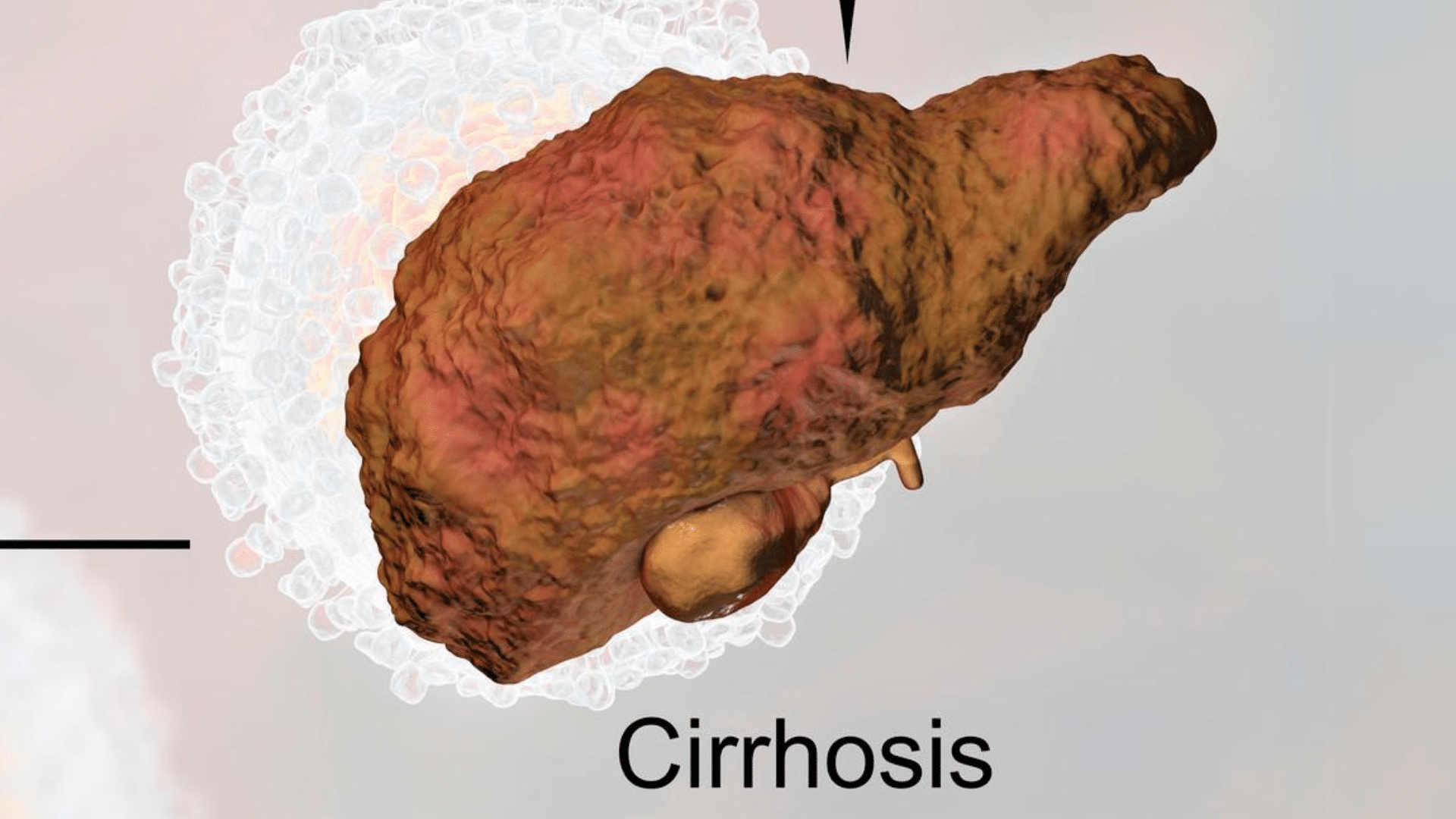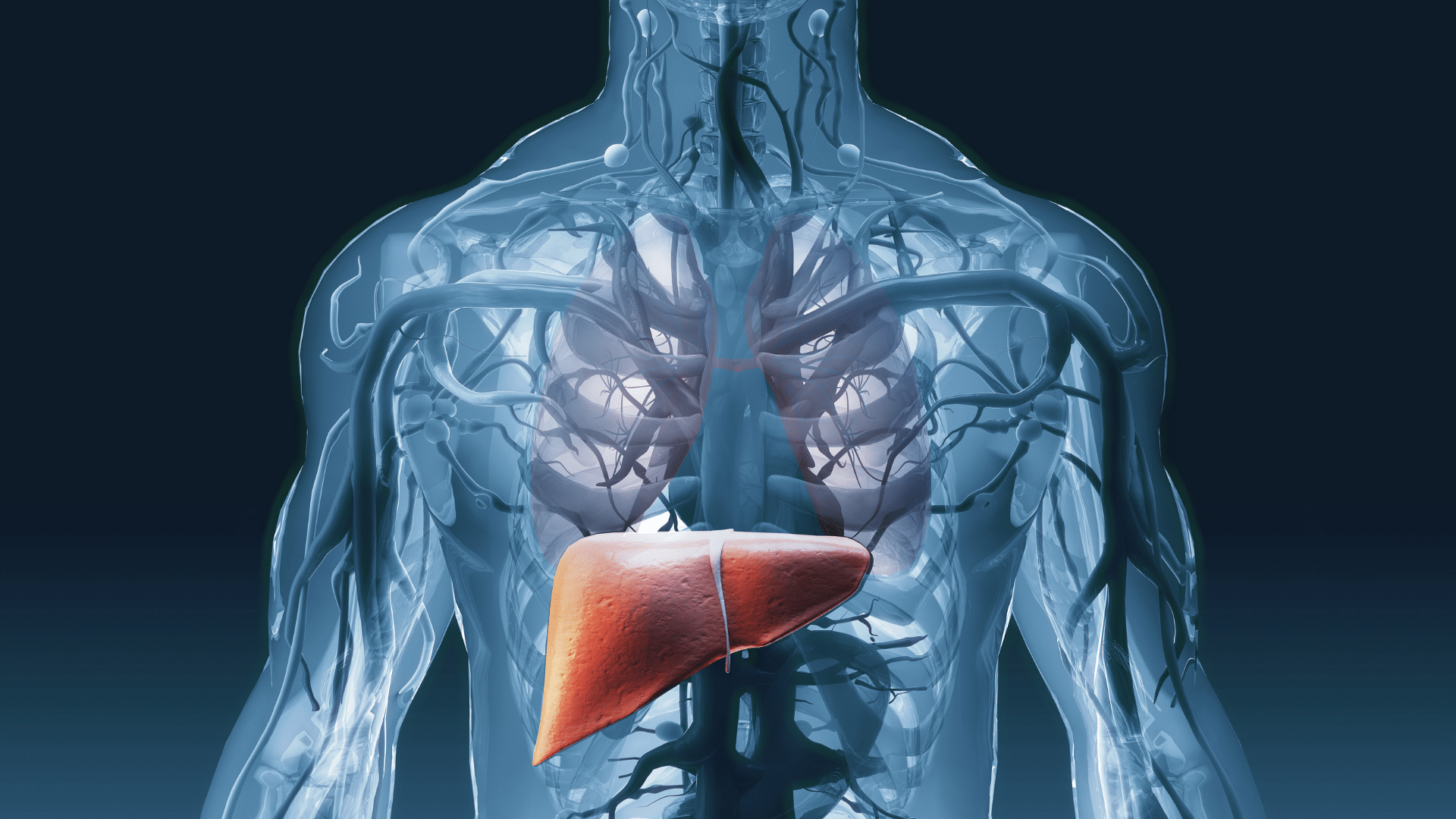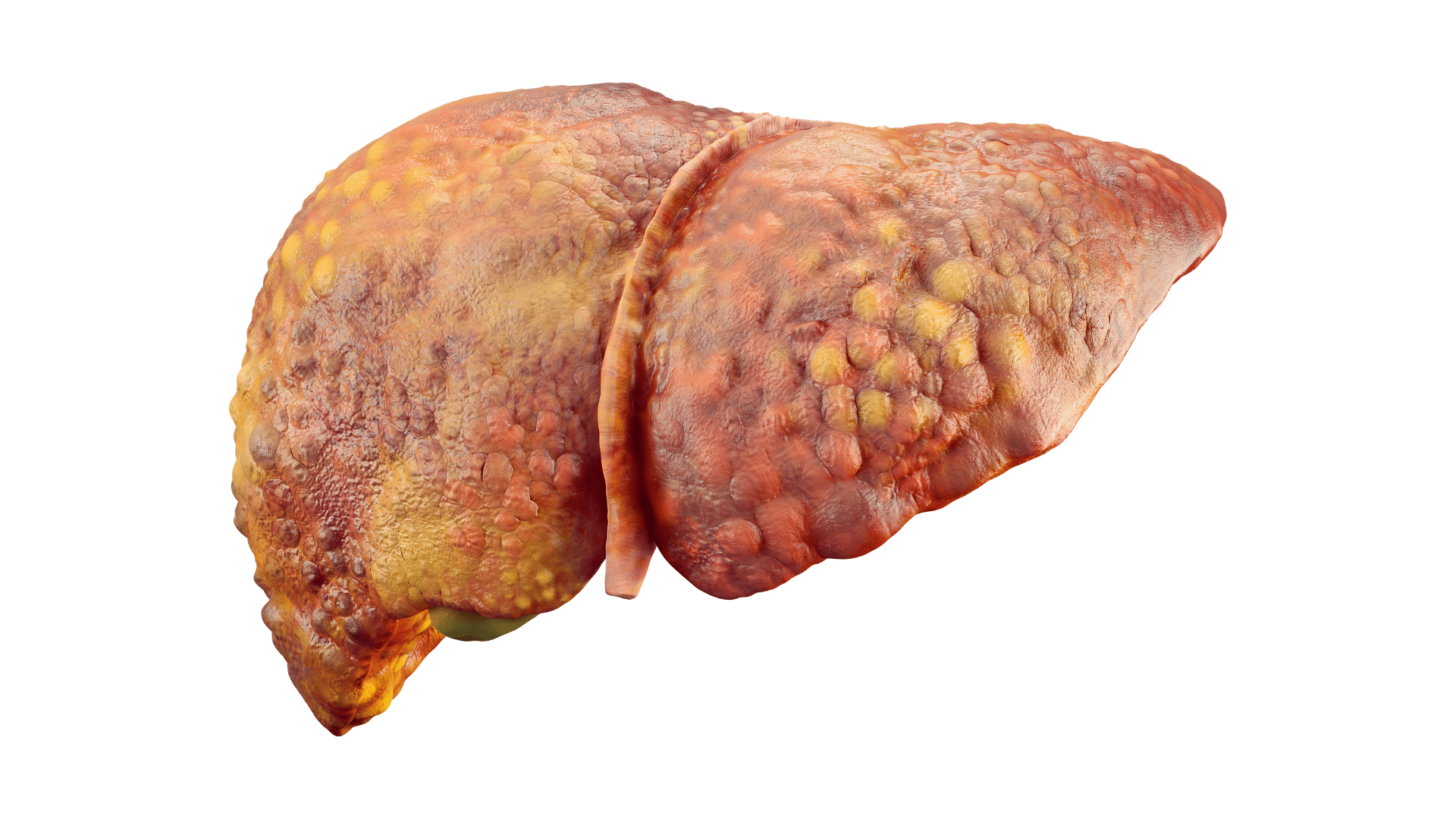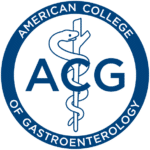Cirrhosis of the Liver
Are you or a loved one in John’s Creek, GA, experiencing symptoms such as fatigue, abdominal swelling, or confusion? These could be signs of cirrhosis of the liver, a serious and progressive condition that requires prompt medical attention. At our gastroenterology clinic, we specialize in diagnosing and managing cirrhosis to improve quality of life and prevent complications.


Understanding Cirrhosis of the Liver
Cirrhosis is a late stage of scarring (fibrosis) of the liver caused by long-term liver damage. Common causes of cirrhosis include chronic alcoholism, viral hepatitis (such as hepatitis B or C), fatty liver disease, and autoimmune liver diseases. As scar tissue replaces healthy liver tissue, the liver becomes unable to function properly, leading to a range of symptoms and complications.
Symptoms of Cirrhosis:
Symptoms of cirrhosis can vary depending on the severity of liver damage but may include fatigue, weakness, abdominal swelling (ascites), jaundice (yellowing of the skin and eyes), easy bruising or bleeding, itching, nausea, loss of appetite, and confusion or difficulty concentrating. Some individuals may not experience symptoms until cirrhosis is advanced.
Diagnosis and Treatment
Diagnosing cirrhosis typically involves a combination of medical history evaluation, physical examination, blood tests to assess liver function and detect specific markers of liver damage, imaging studies (such as ultrasound, CT scan, or MRI), and in some cases, a liver biopsy to confirm the diagnosis and assess the extent of liver damage. Treatment for cirrhosis focuses on managing symptoms, preventing complications, and addressing the underlying cause of liver damage. This may include lifestyle modifications (such as abstinence from alcohol), medications to manage symptoms or slow disease progression, nutritional support, and in severe cases, liver transplantation.

Our Gastroenterology Clinic Services
At our Gastroenterology Clinic in John’s Creek, GA, we provide comprehensive diagnostic testing and personalized treatment plans for cirrhosis of the liver. Our experienced team understands the challenges of living with cirrhosis and is committed to supporting you every step of the way. We offer regular monitoring, symptom management, and coordination of care with other specialists as needed to optimize your liver health and overall well-being.
Schedule an Appointment
If you suspect you may have cirrhosis of the liver or are experiencing symptoms suggestive of liver disease, don’t hesitate to contact our clinic today to schedule an appointment. Early diagnosis and intervention are key to improving outcomes and preserving liver function.






